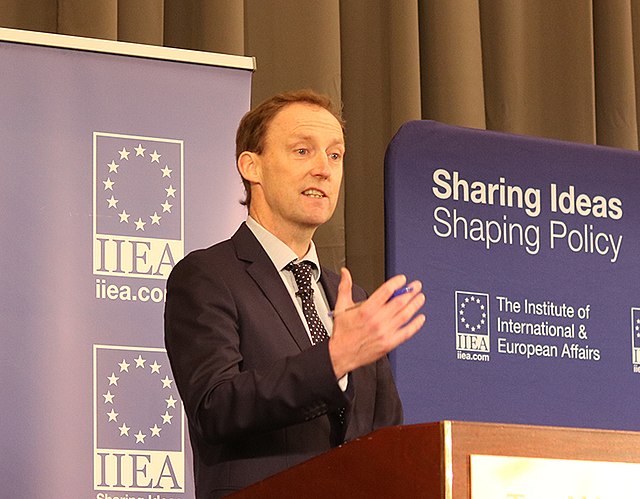The Nigerian media offered extensive campaign coverage, despite economic hardships, institutional pressures, electoral violence and other challenges during the 2023 Presidential and National Assembly elections, according to the European Union’s Election Observation Mission (EU EOM). It praised the media for joining “forces with civil society and fact-checkers to safeguard the integrity of the pre-election information environment”
The report says while the media largely respected the fundamental freedoms of assembly and movement, scrutiny of contestants’ policies was limited, and alarming conspiracy theories dominated the discourse on TV and radio. It noted that politicians used polarising rhetoric on air and that conspiracy theories, originating online, were frequently discussed on air in the most popular talk shows.
It also pointed out that analytical reporting on party policies was scant as lead contestants could not be compared directly, because the presidential candidates of All Progressives Congress (APC) and the Peoples Democratic Party (PDP) rebuffed presidential debates, undermining voters’ right to an informed choice.
Social media was actively used as a campaign tool by political actors, but it was also misused to spread harmful content and disinformation, which contributed to an opaque information environment, according to the EU OEM report.
The mainstream media and civil society, it said, worked together to safeguard the integrity of the pre-election information environment, engaging in fact-checking and voter information to counter electoral insecurity. However, it found that media freedom continued to be constrained by systemic drawbacks such as government interference and pressure on news outlets, harassment of journalists, and self-censorship.
Social media platforms put in place some measures to prevent abuse, but the level of capacity devoted to verification of malicious content appeared insufficient.
It drew attention to several legislative initiatives by government to curb internet freedom, but which have not been enacted, saying the online environment is still largely unregulated. It however pointed out that some state agencies have stronger powers with implications for the online environment.
The reports states that freedom of expression in the media and on the internet is restricted by vague legal provisions, such as “cyberstalking” in the 2015 Cybercrime Act, with penalties of up to three years in prison, and disclosure of “classified matters” included in the Official Secrets Act. This promotes self-censorship or pushes authors of articles critical of those in power to publish anonymously under a hidden identity online, it said.
Overall, the report concludes that the extensive role of the media and social media did not stimulate an issue-based debate, reducing voters’ informed participation in the elections.






